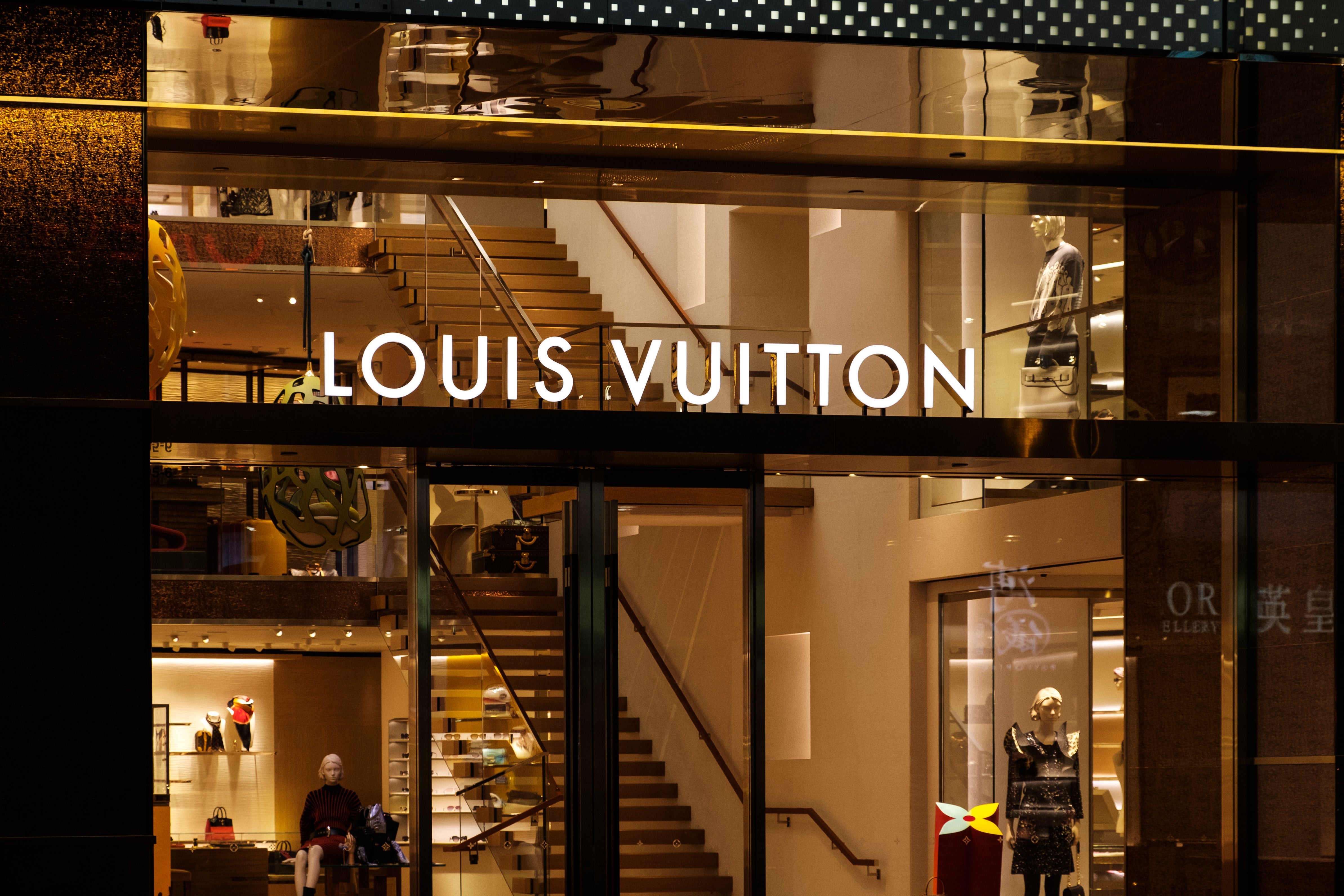In market position, targeted customer, product assortment, store format and even country of origin, they couldn’t be more different. But Louis Vuitton and Home Depot have each introduced new stores that expand the parameters of home furnishings retailing, opening up new possibilities for the entire category.
Let’s start at the top of the market, with the news that uber-luxury French brand Louis Vuitton debuted its first-ever furniture and homewares store in Shanghai at the end of November. While billed as a pop-up test store, the company has indicated that it will then become a permanent retail location if successful.
The store—open by appointment only in COVID-stressed China—is located in a three-story building just off Nanjing Road, the city’s leading luxury shopping district. Reuters toured the store during a media preview, reporting that while none of the merchandise had price tags, an employee quoted a “cocoon chair” designed by the Campana brothers at about $98,000. A small lamp in the shape of a glass milk bottle was selling for about $5,800.
Louis Vuitton, part of the vast LVMH luxury empire, has been doing substantial business in China for decades, but its sales have primarily been in fashion and beauty, not home. The company’s move into furnishings reflects a push to expand that business and “gain an early-bird advantage” among Chinese millennials and Gen Z consumers, according to GlobalData consumer analyst Bobby Verghese.
Whether the home-centric concept could migrate to other markets, including the U.S., remains to be seen. The company does sell some home products in America, including wall art and decorative pillows, but they are offered only in traditional Louis Vuitton stores and usually only function as accessories to apparel. But with other luxury brands like Armani operating dedicated home stores, it’s possible LVMH could move in a similar direction.
At the other end of the spectrum is the forthcoming Home Depot Pro store that will be located in the brand’s Atlanta hometown. Designed especially for professional contractors, the store will focus on a segment of the home improvement and remodeling business that is outpacing the do-it-yourself side of the giant retailer’s sales. And while Home Depot has experimented with the professional-geared format in California, this planned 170,000-square-foot location seems to take the concept to a new level, perhaps indicating there are more such stores to come.
As reported by the Atlanta Business Chronicle, “timelines and specifics are still being hammered out,” according to Home Depot’s communications spokeswoman. In addition to all the usual building materials departments, the store will also offer equipment rentals. It will be located across the street from a conventional Home Depot location.
The company has a mixed track record on startups and spinoffs to date. Its most notable such operation was Home Depot Expo, a chain that catered to the higher-end and designer sector of the home business and offered many decorating products. Founded in 1989, the upscale chain eventually grew to 34 locations but was shut down in 2009 at the height of the housing market bust and recession. The company has also experimented with free-standing floorcoverings stores but appears to have closed those operations.
With Home Depot’s built-in contractor strength, this new Pro brand seems to have better prospects and could point the way for additional spinoffs from the mothership brand.
Finding unoccupied spaces within the matrix of home furnishings retailing is increasingly difficult—but as Louis Vuitton and Home Depot are proving, it’s far from impossible.
Homepage image: ©hanohiki/Adobe Stock
____________
Warren Shoulberg is the former editor in chief for several leading B2B publications. He has been a guest lecturer at the Columbia University Graduate School of Business; received honors from the International Furnishings and Design Association and the Fashion Institute of Technology; and been cited by The Wall Street Journal, The New York Times, The Washington Post, CNN and other media as a leading industry expert. His Retail Watch columns offer deep industry insights on major markets and product categories.





























